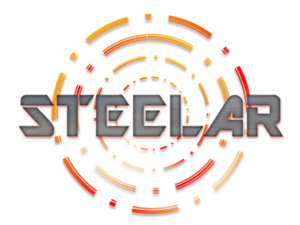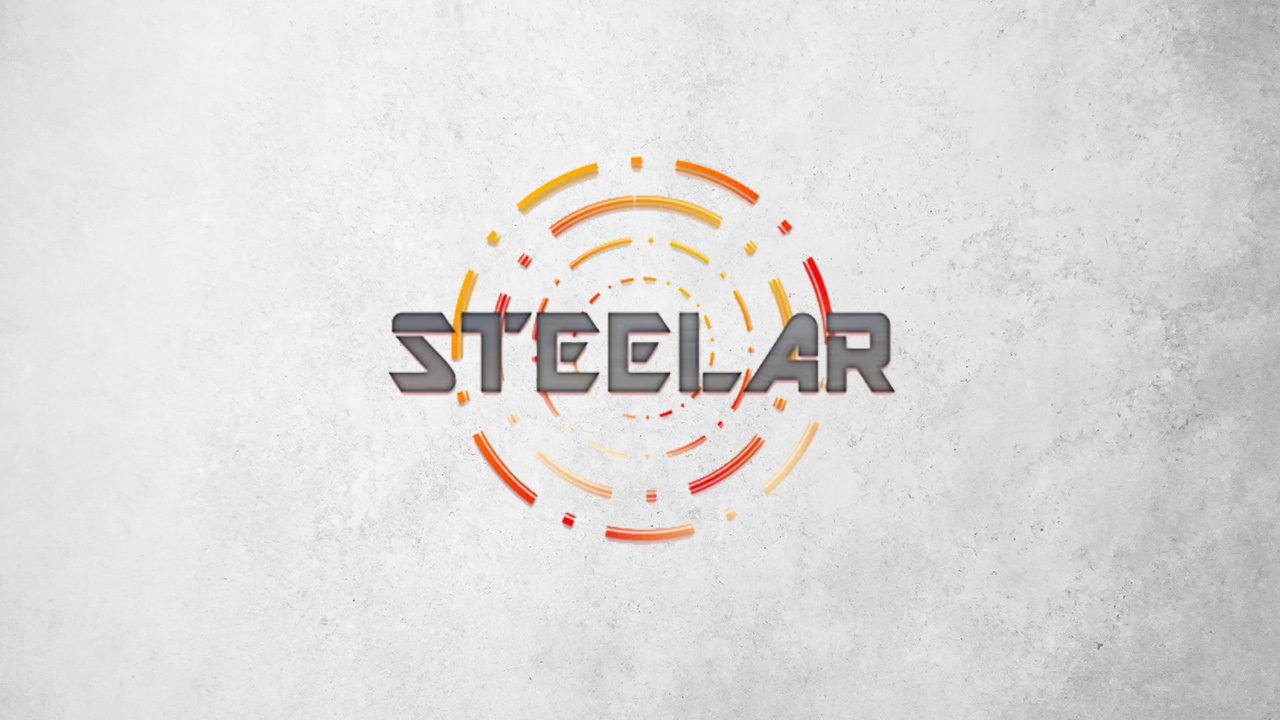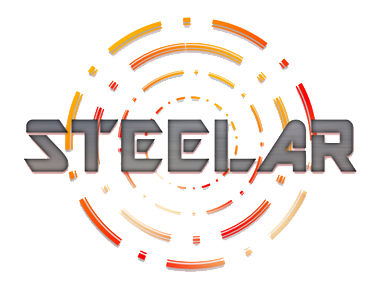
STEEL components Assessment using a novel non-destructive Residual stress ultrasonic technology
STEELAR’s main goal is to develop and validate an innovative non-destructive solution, based on a novel ultrasonic EMAT technology, to measure residual stress levels on steel components, providing decision-aiding information to manufacturers. STEELAR will be able to assess residual stress in:
Steel rolling rolls during their manufacturing process and in-service life.


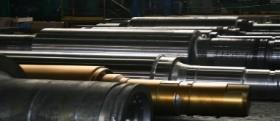
Steel products during different steps of the manufacturing process chain: continuous casting billets and rolled bars.
STEELAR will provide rolling rolls and steel manufacturers with a technology able to ensure their products’ quality, to guarantee safety in steel milling lines and to perform predictive maintenance tasks that will reduce line’s downtime, extend line’s lifetime and minimize production and maintenance costs.
Project
STEELAR’s main goal is to develop and validate an innovative non-destructive solution, based on a novel ultrasonic EMAT technology, to measure residual stress levels on steel components, providing decision-aiding information to manufacturers.
STEELAR will bring forward a ground-breaking innovation and a change of paradigm in the steel industry, providing a novel and reliable inspection technology able to accurately assess residual stress in steel rolling rolls (manufacturing and in-service life) and during rolled bars’ production cycle.
Ensure rolling rolls have admissible residual stress levels (-250 MPa HiCr iron; -150 MPa ICDP; -400 MPa HSS1) preventing them from premature failure and ensure billets and rolled bars are within admissible residual stress levels.
Through knowledge on how residual stress varies at each step of the process; thus being able to adjust parameters in order to prevent or compensate it.
Trough remaining life forecasts and scheduled predictive maintenance.
Through a rigorous monitoring of stress levels in the roll, being able to forecast accidents, and removing the presence of operators in the vicinity by turning manual checks into automated inspections.
Through a reduction in unexpected roll failure during their service life, avoiding material damages and non-availability costs associated with a line shutdown.
Thanks to a controlled production process, that reduces scrap rate (less wasted material) and reworks (less wasted energy), clearly aligned with Europe’s Green Deal and the energy and resource efficiency guidelines.
STEELAR is aimed at two end-users with aligned needs: Steel manufacturers like Sidenor, using rolls to produce steel products, and roll manufacturers such as Valji, producing the actual milling rolls; but the technology will also expand to other sectors:
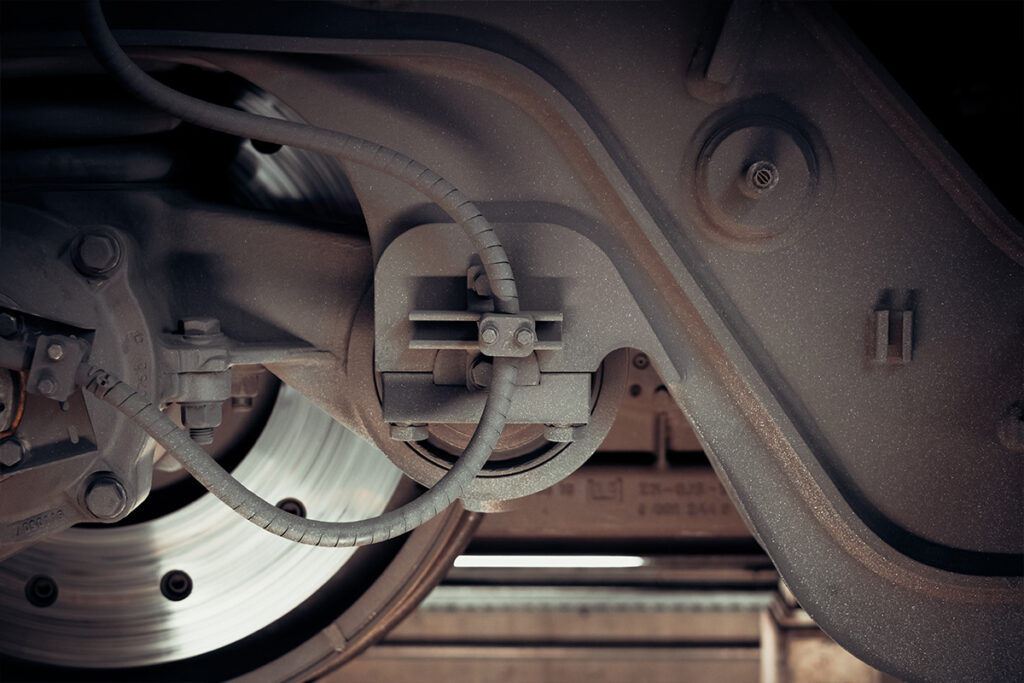
Rail Industry
STEELAR will also be applicable for evaluation of residual stress in rail tracks. Excessive stress levels both during manufacturing process or in-service represent a thread to the steel manufacturing sector and railway operators. One of the primary interests of ArcelorMittal by supporting this project is the potential application of STEELAR in rail tracks
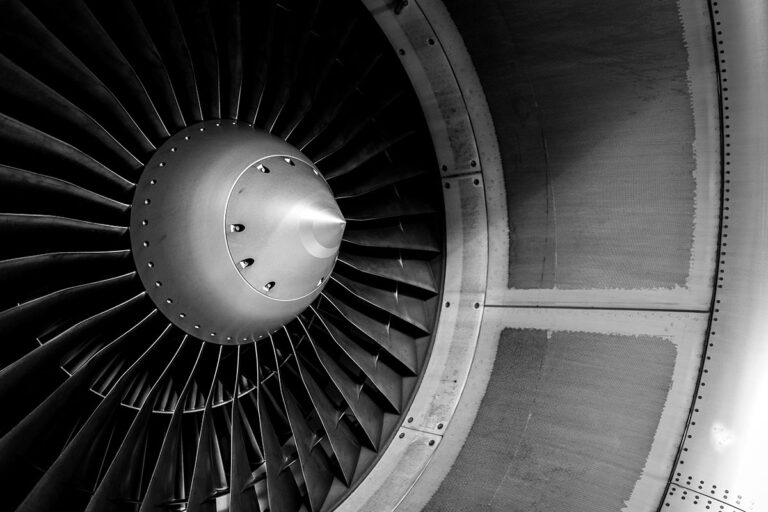
Gears for Aerospace, Naval and Renewable Industries
Residual stress is a dominant factor in the fatigue performance of gear components. Compressive residual stress reduces the effective stress experienced in the gear tooth under a tensile applied bending stress. For gears, particular attention must be paid to the effect of surface treatments such as peening or induction hardening. The use of STEELAR´s surface penetration technology has the additional potential to be used for evaluation of gear tooth stress distribution.
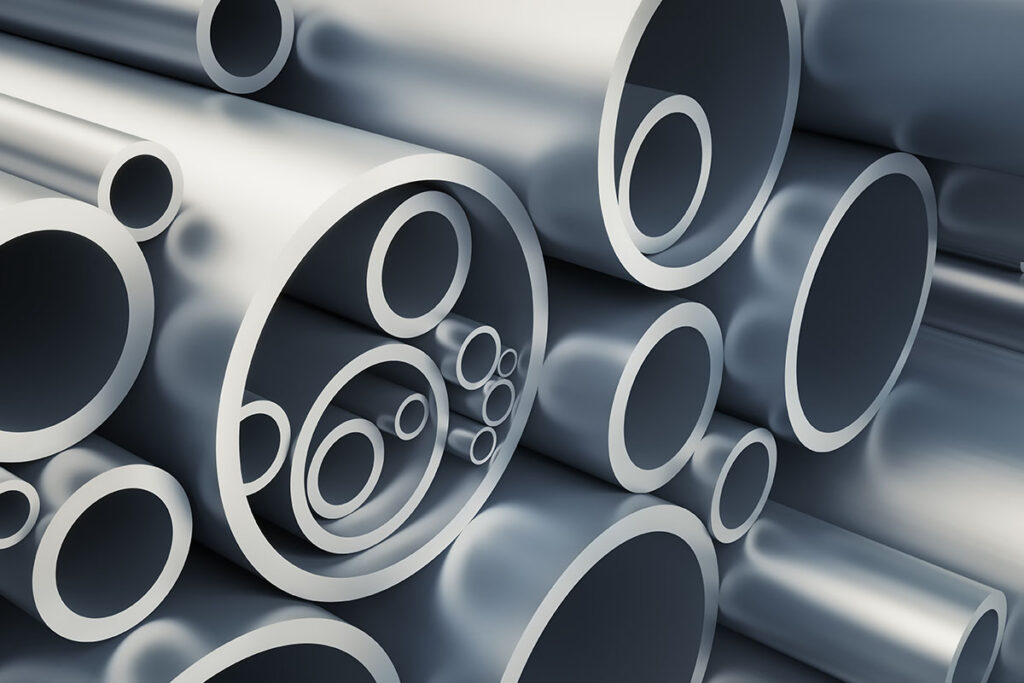
Tubes and Pipelines
One of the main reasons of appearance and growth of corrosion damages in oil & gas and nuclear pipelines transporting fluids is the process of stress-corrosion cracking of metal under the influence of residual tensile stress. The development of STEELAR technology will also allow for evaluation of surface stress levels in pipelines in order to prevent and mitigate corrosion induced failure.
Work Packages
In order to develop this new technology, STEELAR’s consortium has designed a work plan structured in 7 Work Packages:
In December 2021, the WP1 team successfully submitted D1.1., D1.2., D1.3. In these first months, the consortium defined the requirements for the inspection of cast roll inspection and of billets inspection. The characterization of the samples to be inspected during the project was also carried out.
All this allowed the consortium to define the technological specifications to be used, the application constraints and use cases, define the optimal hardware and software to suit the needs of the project and specify the technological components and the overall architecture of the STEELAR system.
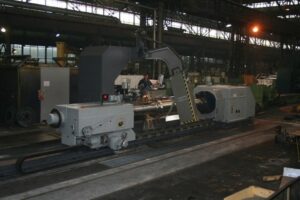
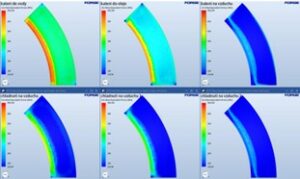
During this work package, the consortium studied which ultrasonic waves are the most suitable for measuring residual stress levels in these applications. Firstly, at a theoretical level, with the study and investigation of the state of the art of the sector and existing applications and, subsequently, performing preliminary tests with different ultrasonic waves on different samples.
In the same way, the use of EMAT ultrasound was studied in different parts of Valji and Sidenor in different stages of the process, which allowed us to define the Rayleigh waves as the wave to be used in the system and to work on optimal inspection configurations. Finally, calibration blocks have been defined and developed for use in laboratory tests and the new software has been configured.
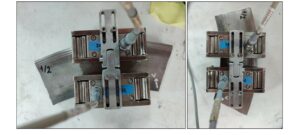
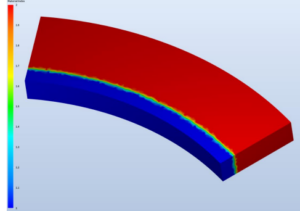
During this work package, the study of different materials for the encapsulation was carried out, as well as different tests of its behavior and the working conditions that the system may encounter in industrial environments. A demonstration hardware was developed for the STEELAR system.
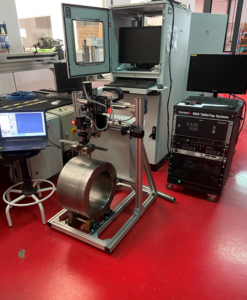
In this WP, both Sidenor and Valji developed different samples of their processes for characterization and introduction of different treatments by the rest of the partners. These samples were calibrated for their use during the project and inspection tests.
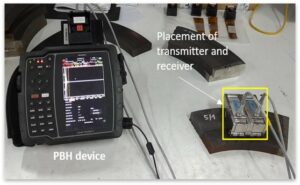
During this work package, at Valji, we utilized EMAT nonlinear ultrasonics to study stress distributions in steel rolls during different processing stages. Our findings revealed significant stress variations between the center and surface, with surface layers developing beneficial compressive stresses due to faster cooling and contraction. Pointwise and continuous measurements showed distinct patterns of tensile (T) and compressive (C) stresses, validating the method’s reliability. Rolls at different processing stages exhibited varied stress patterns, with finished rolls showing complex T and C interactions. This research underscores the importance of advanced stress monitoring for quality control, allowing manufacturers to optimize processing techniques and improve steel product reliability.
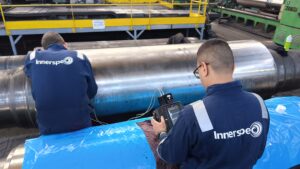
During this work package, the integration of EMAT technology was conducted for stress monitoring in steel structures at Sidenor represents a significant advancement in the field of non-destructive testing (NDT). Unlike traditional methods, EMAT technology is contactless, allowing effective operation on rough and high-temperature surfaces. This expands the range of conditions for reliable stress measurements.
The study utilized Rayleigh waves for monitoring residual stress. Continuous monitoring with Rayleigh waves provided a comprehensive overview of the entire structure, capturing stress trends across extensive areas. A key aspect was the use of the non-linear β parameter, derived from higher harmonics in Rayleigh waves, to predict relative residual stress. This parameter quantified nonlinearity and monitored material integrity. The correlation between β trends and σ values further validated this approach. Overall, nonlinear ultrasonics improved reliability and efficiency in structural integrity assessments, reinforcing safety, quality, and innovation in infrastructure maintenance.
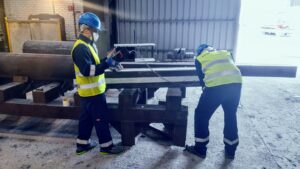
Consortium
STEELAR consortium consists of 5 experts within the steel sector: Innerspec, world leader in the development of high-power ultrasonic instrumentation for NDT applications; Valji, rolling roll manufacturer; Sidenor, leader in the European steel industry for the production of special steel long products and one of the main producers of forged and cast pieces; DBV mechanical integrator expert and MMV, research centre specialized in metallurgy engineering.

Innerspec Technologies is the world leader in the development of High-Power Ultrasonic instrumentation for NDT applications. Innerspec manufactures the largest selection of standard and custom Electro Magnetic Acoustic Transducers (EMAT) and Dry-Coupled piezoelectric products.
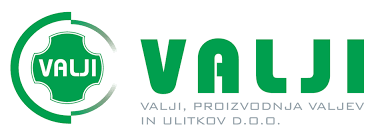
Valji d.o.o., a member of the ESW group, is a producer of rolls and castings for metallurgy, rubber and plastic production and equipment. The company employs around 200 people, has 23 million € of yearly turnover and produces around 9.000t of products.

Sidenor is one of the European leaders in special steel long products. With an installed capacity of 1 million tons per year, it produces straight bars (rounds and flat), bar in coil and wire from a range of 5.5 mm to 220 mm diameter of high-quality engineering steel grades. The production route comprises EAF-LF-VD-CC (Billet and Bloom, in square and round formats). It has 5 rolling mill, heat treatment and finishing facilities.
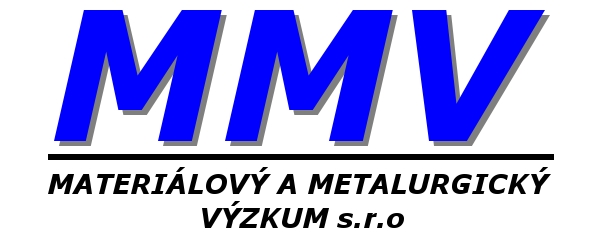
MATERIÁLOVÝ A METALURGICKÝ VÝZKUM (MMV) was established in 1946. Its mission is to assure technical and technological innovations and rendering services in the fields of metallurgy and material engineering aimed at increasing competitiveness of Czech metallurgy and heavy engineering.

DBVservices – Design Business & Verification Services, S.L. is an Engineering for the Development of integral projects from the development of the conceptual idea to the implementation of the project. All this with its own resources in the development of the mechanical, process, automation and manufacturing fields.
News
- All Posts
- Uncategorized
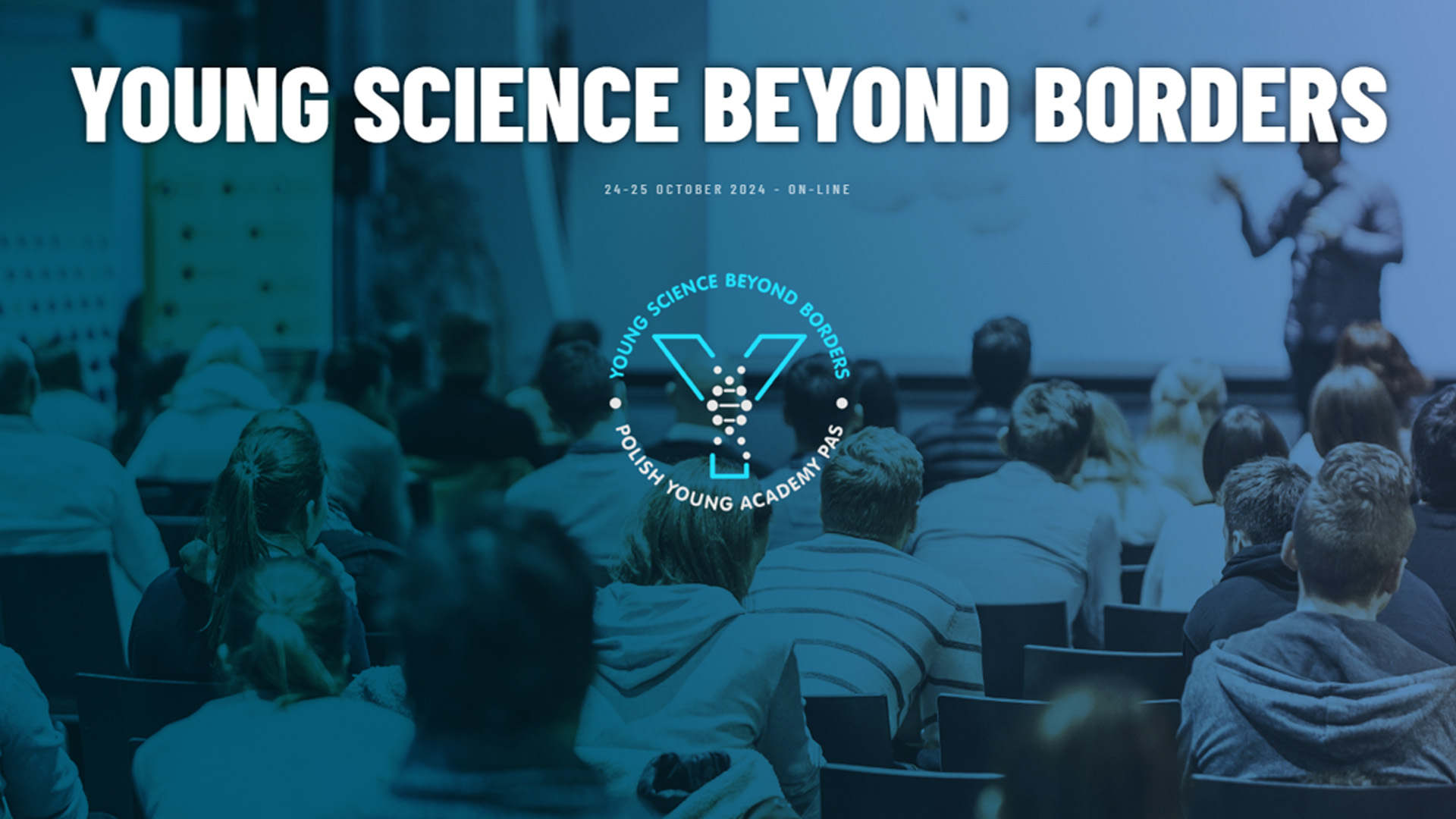
Researcher Kaleeswaran Balasubramaniam, a member of Innerspec’s R&D team, will deliver a presentation titled “Revolutionizing Residual Stress Analysis in Steel:…

The Wrap-Up Meeting of the STEELAR project was held at Innerspec’s facilities in Madrid on the 4th of July, 2024,…
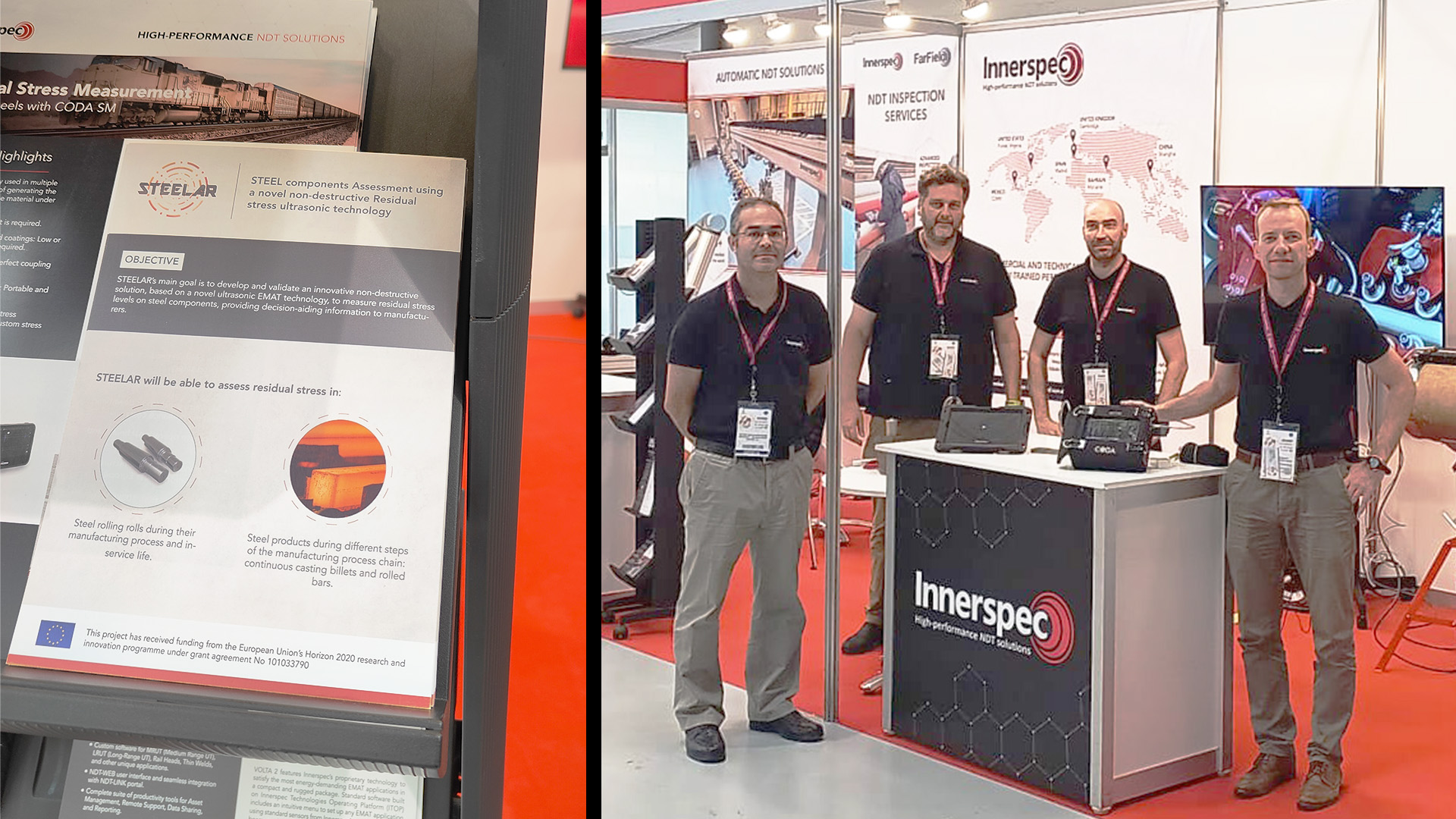
The Steelar Project, spearheaded by consortium member Innerspec, was showcased at the AEND Iberian and Spanish Congress held in Valladolid,…
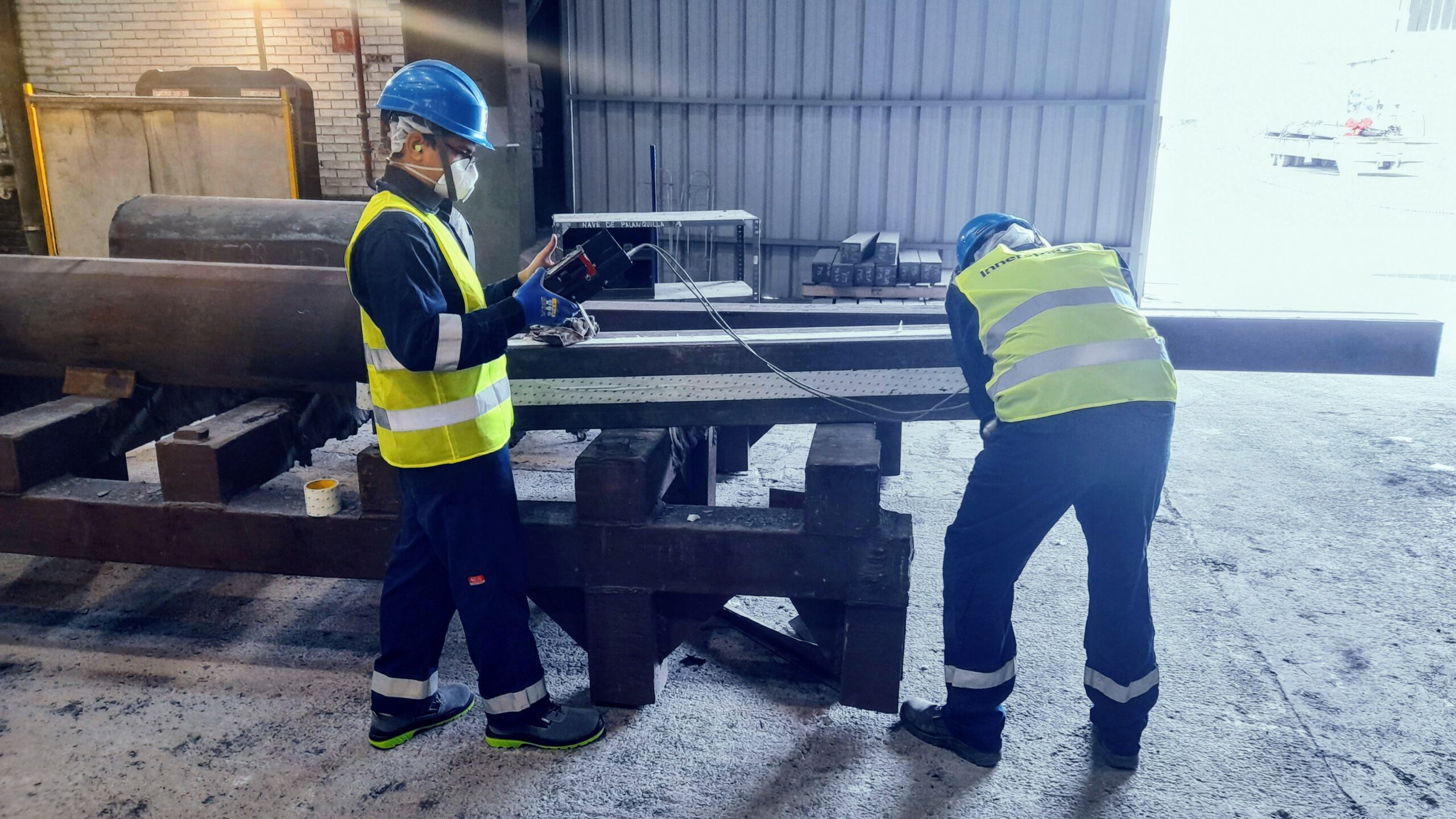
Innerspec recently visited Sidenor’s and Valji’s facilities to carry out the final tests of the STEELAR system as part of…
